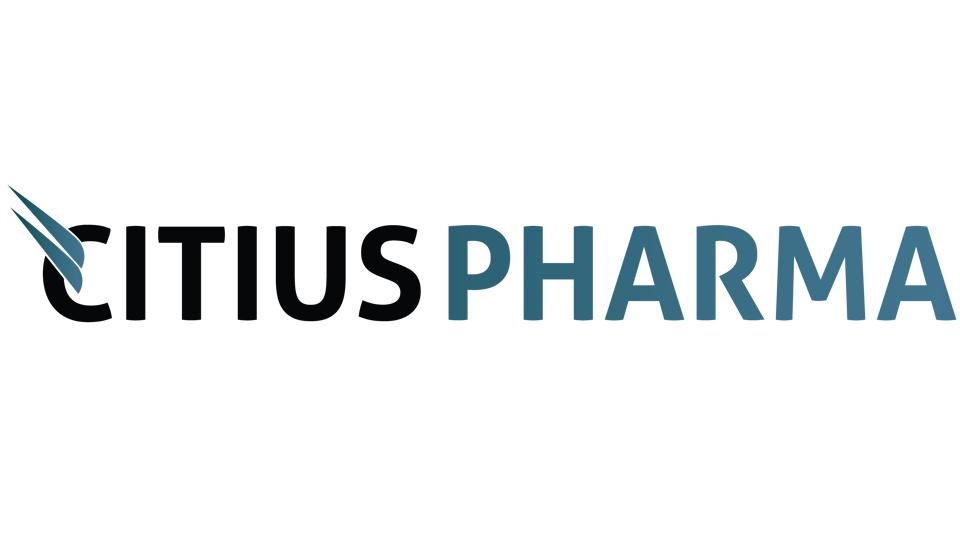Second time lucky at FDA for Citius' lymphoma drug

At the second attempt, the FDA has approved Citius Pharmaceuticals' marketing application for Lymphir, a new version of a lymphoma therapy withdrawn from sale several years ago.
The US regulator has cleared Lymphir (denileukin diftitox) for the treatment of relapsed or refractory cutaneous T-cell lymphoma (CTCL) after at least one prior systemic therapy, resurrecting the use of IL-2-directed therapy for this rare form of non-Hodgkin lymphoma (NHL).
Lymphir – a recombinant fusion protein that combines an IL-2 binding domain with diphtheria toxin fragments, designed to bind to and kill leukaemic cells – was turned down by the FDA a year ago after the agency sought additional information on product testing.
It is the first approved product for Cranford, New Jersey-based Citius, founded in 2007, and will launch in the next few months. So far, the company hasn't revealed its pricing plans for the drug.
Lymphir is a reformulated and purified form of Eisai's Ontak, which was first approved by the FDA in 1999 and got a green light for the CTCL indication in 2008, only to be withdrawn from sale in 2014 as a result of manufacturing problems, including issues with the purity of the recombinant protein in the drug.
Eisai licensed rights to the drug, including the Lymphir reformulation, to the US subsidiary of Indian drugmaker Dr Reddy's Laboratories in 2016, which in turn sold them on to Citius three years ago – with the exception of Japan and some other markets in Asia. With the FDA approval, Eisai is in line to receive a $6 million milestone payment.
Citius' chief executive Leonard Mazur said the return to market of the therapy is a "significant milestone" for patients with CTCL, a rare and chronic cancer characterized by debilitating skin lesions and severe itching.
"The introduction of Lymphir, with its potential to rapidly reduce skin disease and control symptomatic itching without cumulative toxicity, is expected to expand the CTCL treatment landscape and grow the overall market, currently estimated to be $300-$400 million," he added.
Approximately 2,500-3,000 patients are diagnosed with CTCL in the US each year with an estimated 40,000 living with the incurable disease. Patients with relapsed or refractory CTCL have limited treatment options and no universally defined single treatment.
There is no curative treatment at the moment, although various drugs, including chemotherapy, retinoids, interferons, HDAC inhibitors, and Kyowa Kirin’s anti-CCR4 antibody Poteligeo (mogamulizumab) – the last drug to be approved by the FDA for CTCL in 2018 – have been shown to drive the disease into remission.
A phase 3 trial showing results with Lymphir consistent with the earlier Ontak formulation was completed at the end of 2021, with an objective response rate of 36% and almost 9% complete responses. In around half of responding patients, the cancer was kept under control for at least six months.
Citius is also developing the drug for peripheral T-cell lymphoma indication (PTCL) and immuno-oncology indications, which Citius reckons both have larger sales potential than CTCL if approved.
There's additional hope on the horizon for patients with CTCL with German Biotech's HDAC inhibitor Kinselby (resminostat) filed in Europe recently on data suggesting that it can prevent relapse and postpone progression when used as a maintenance therapy.











